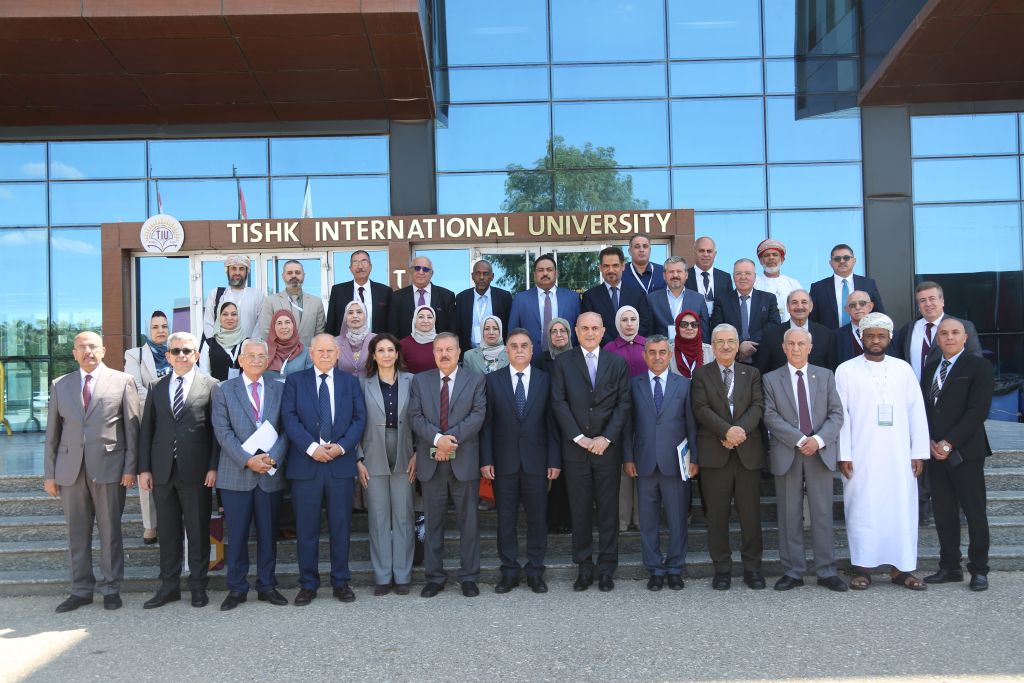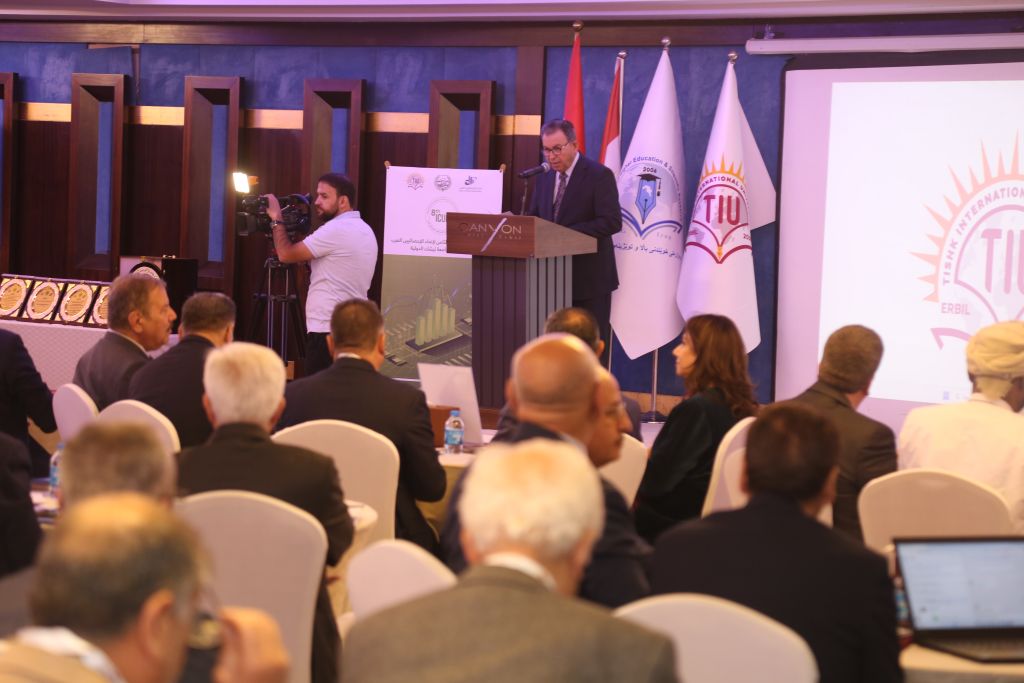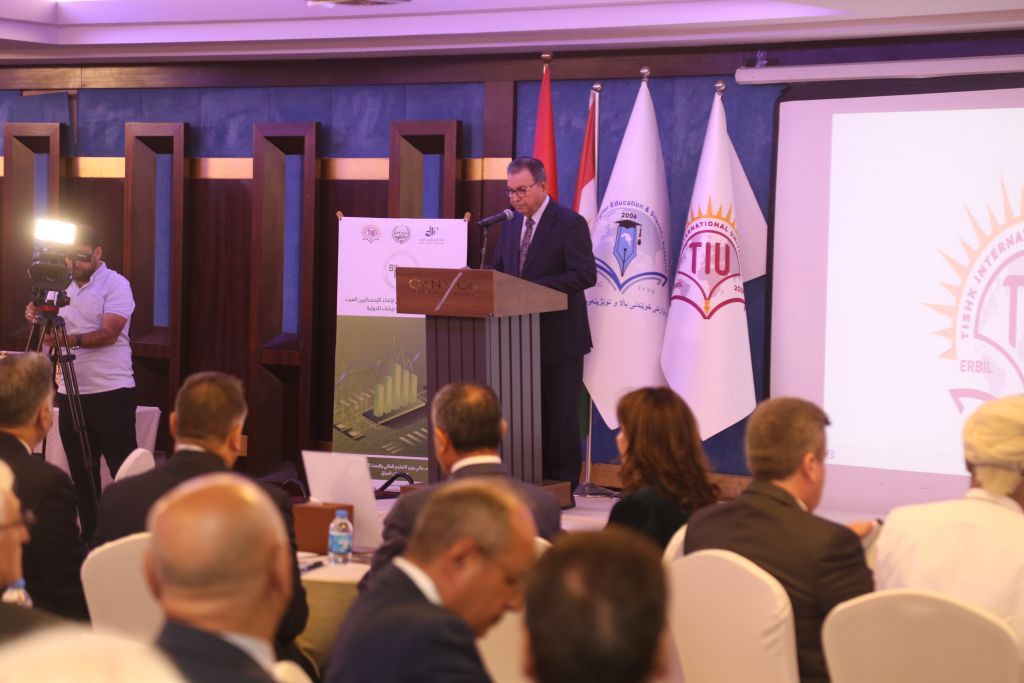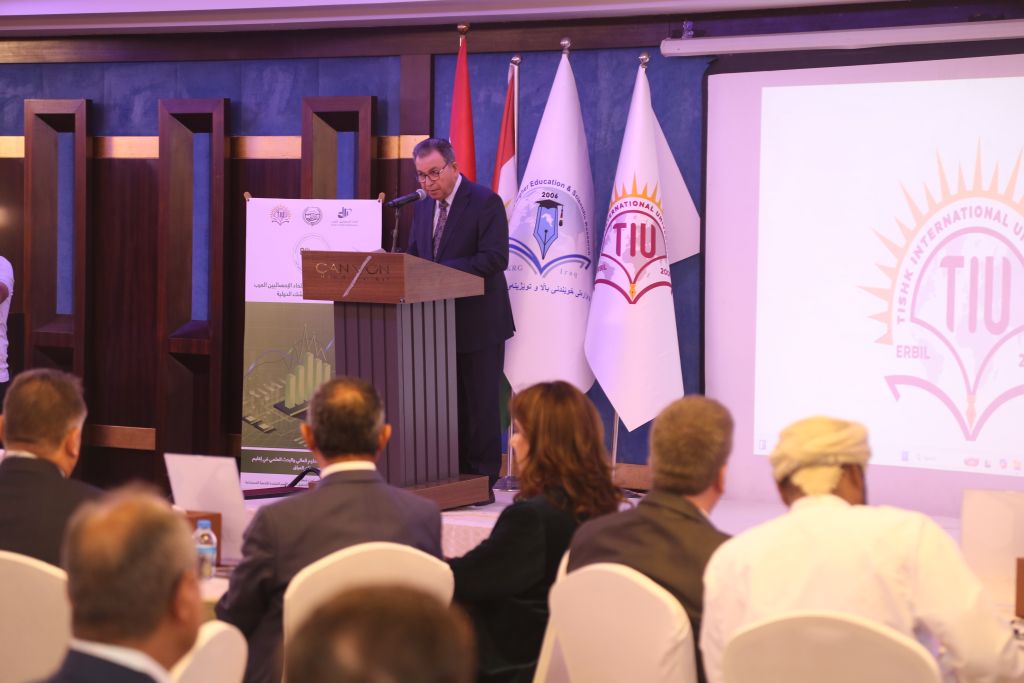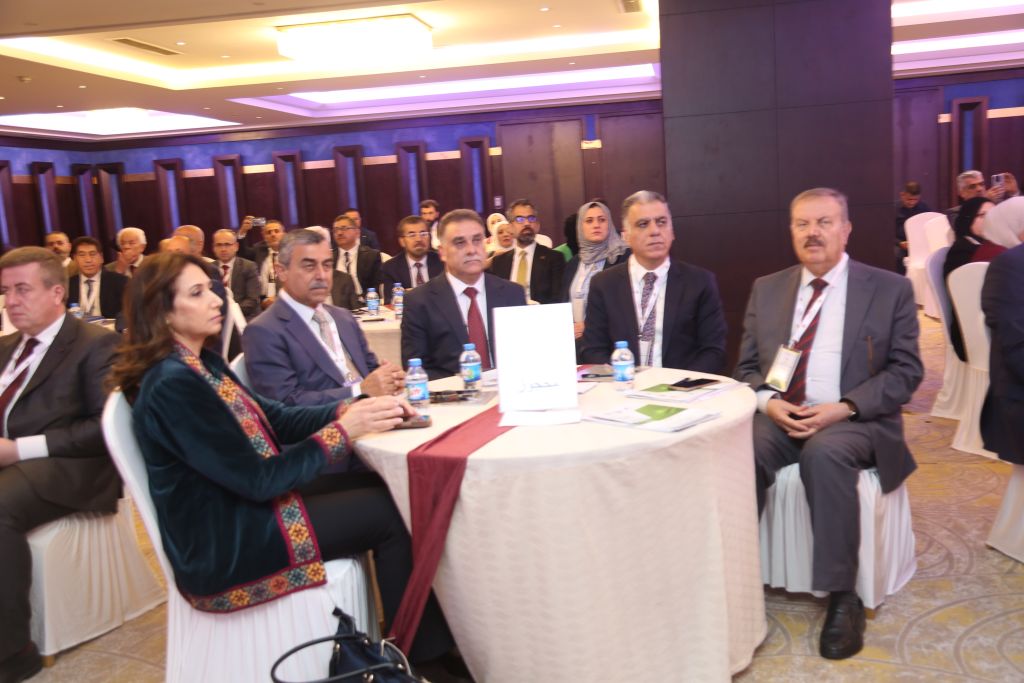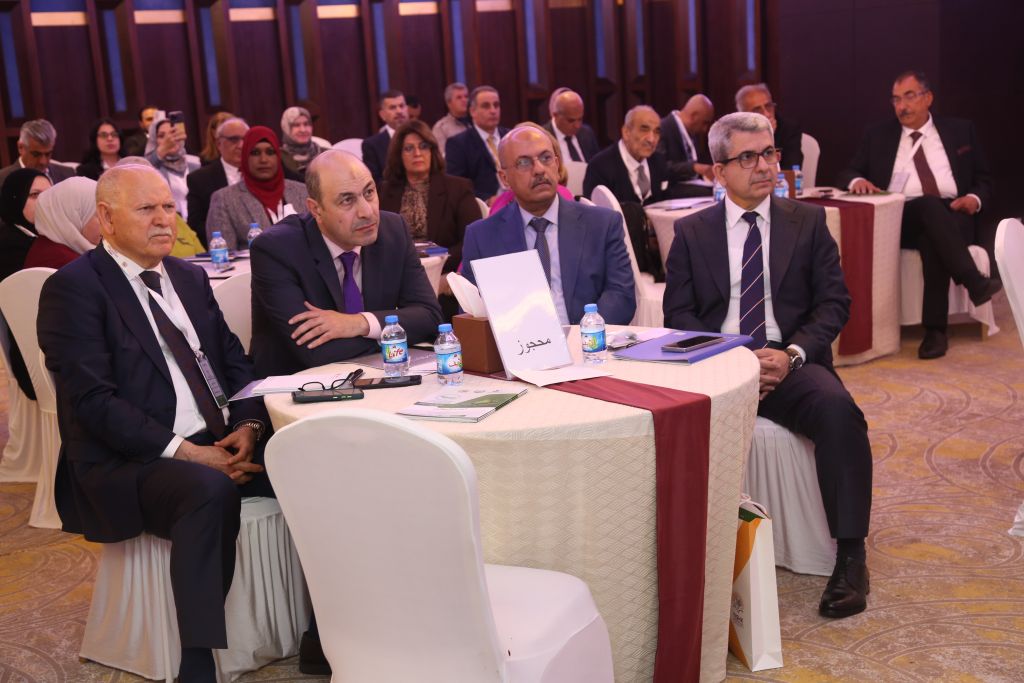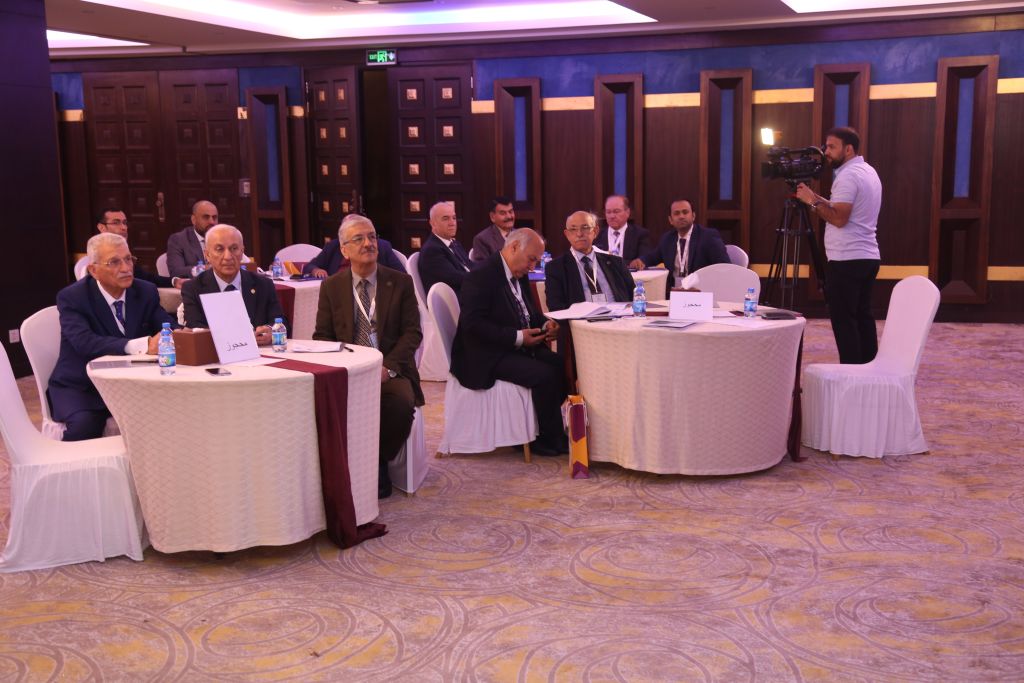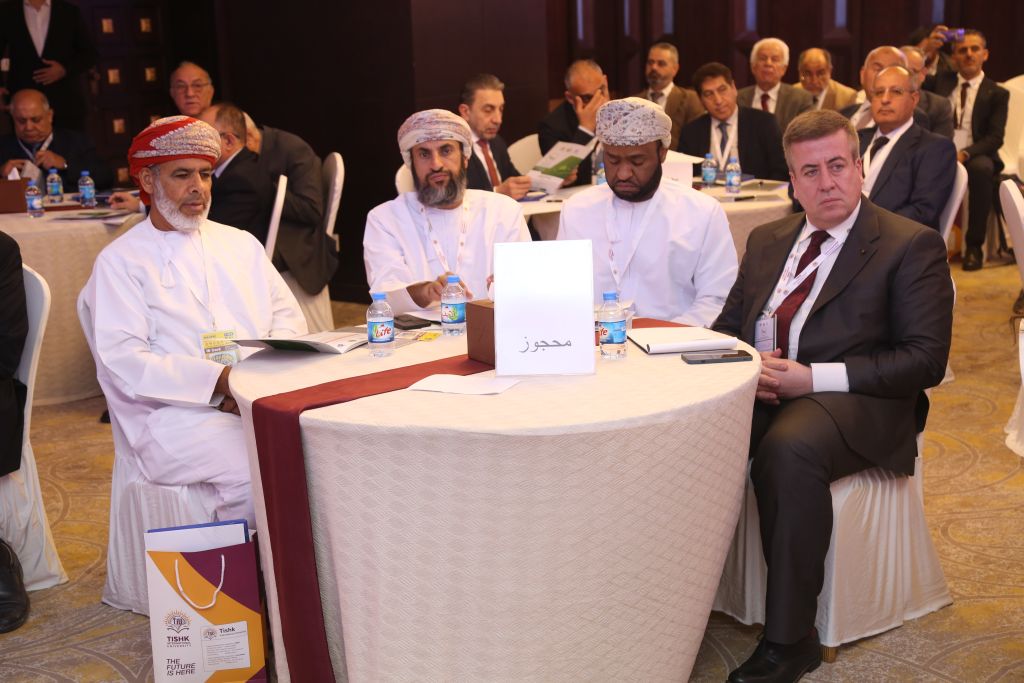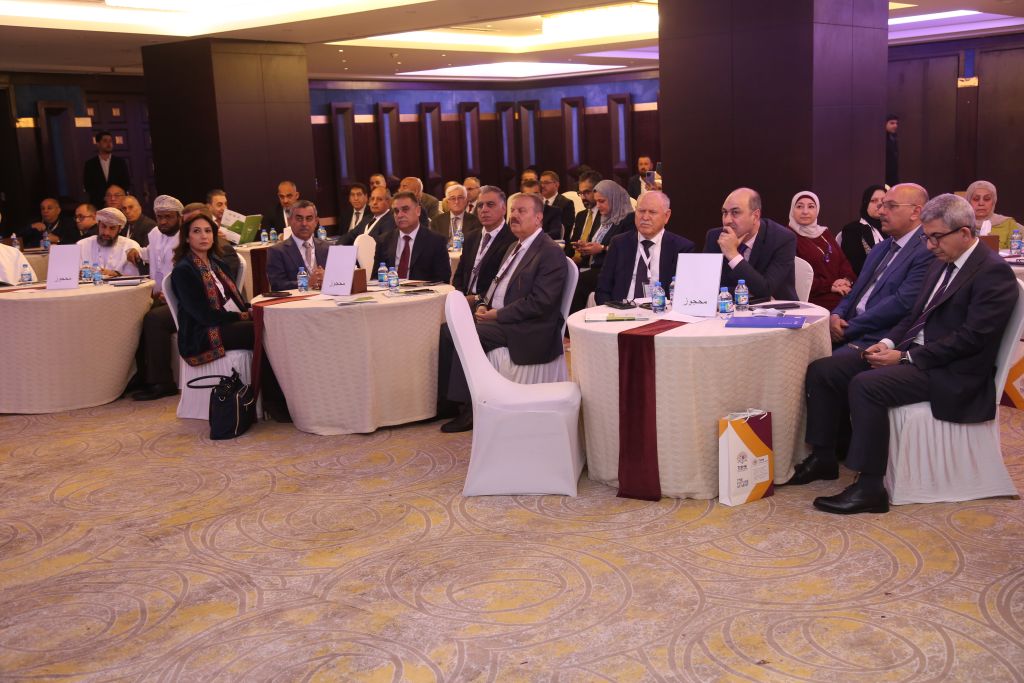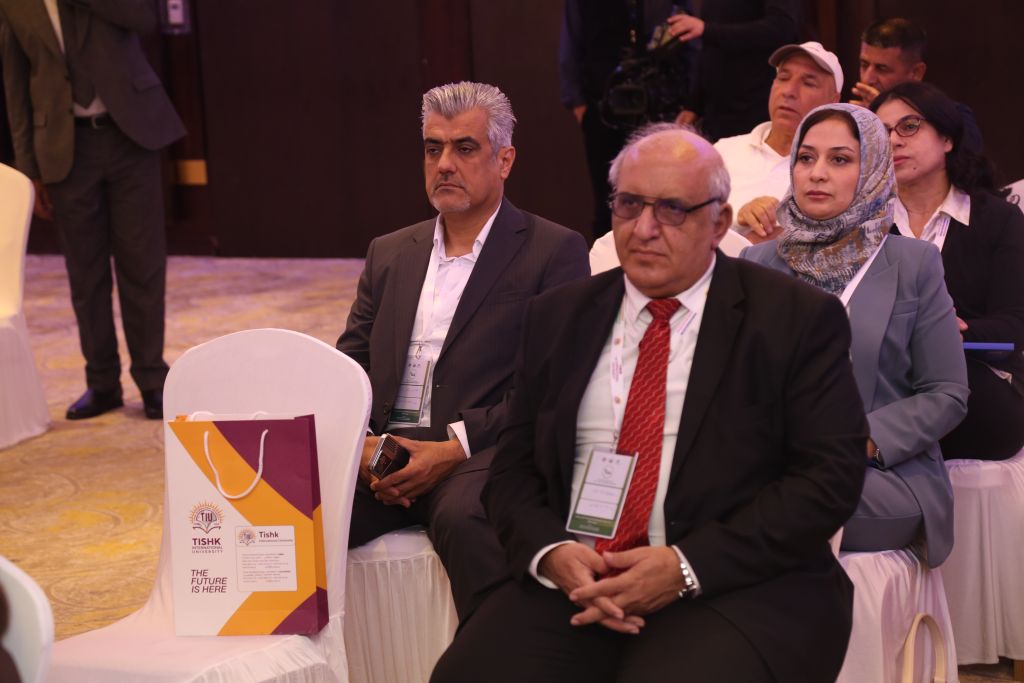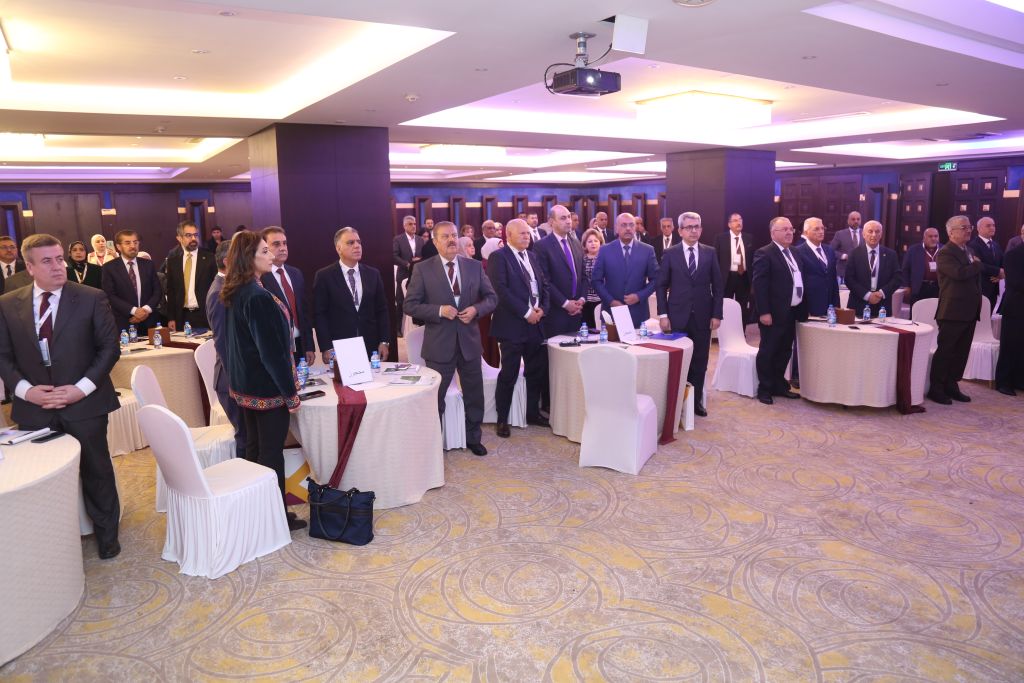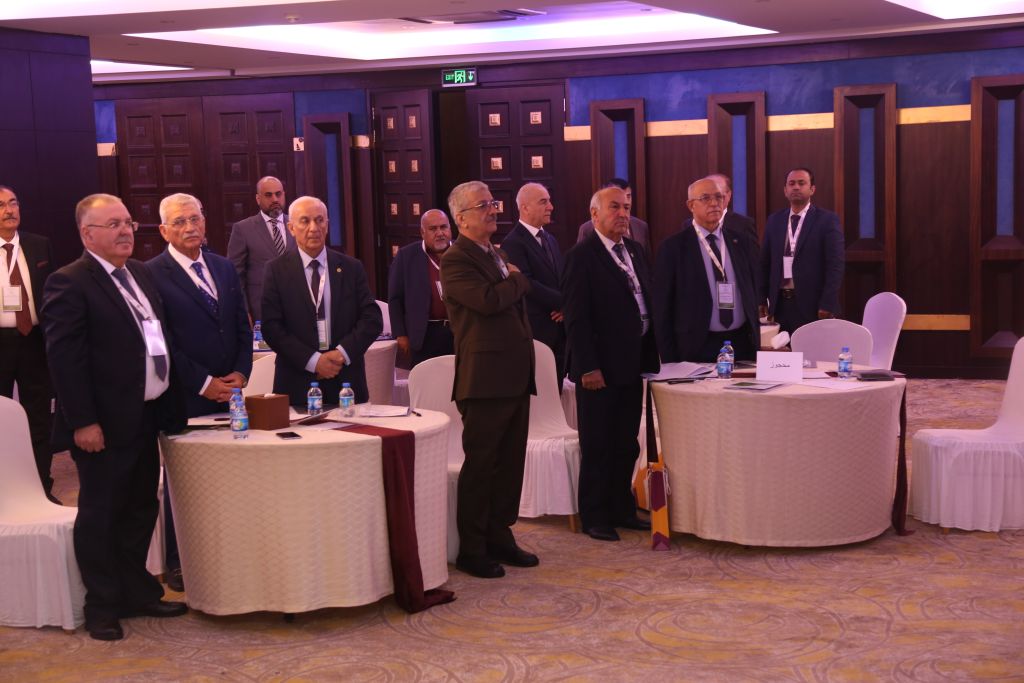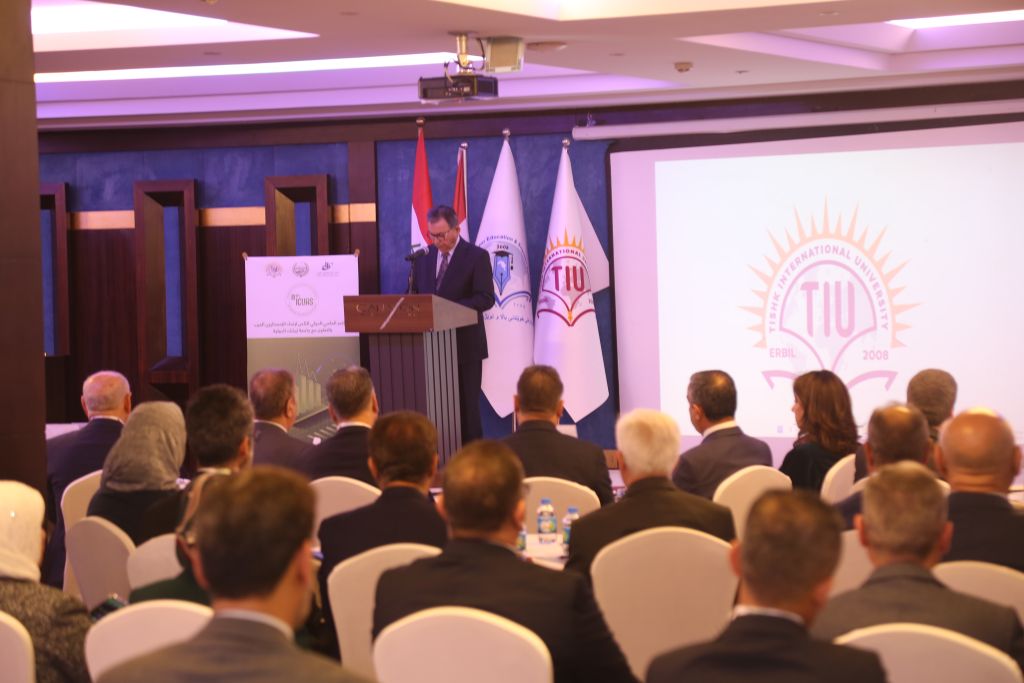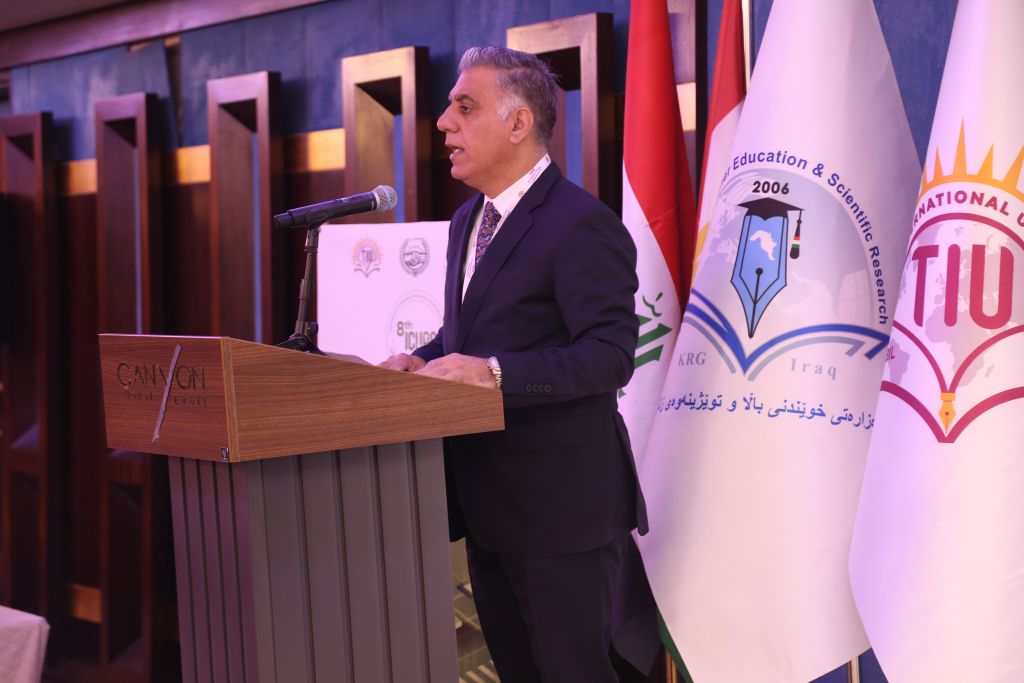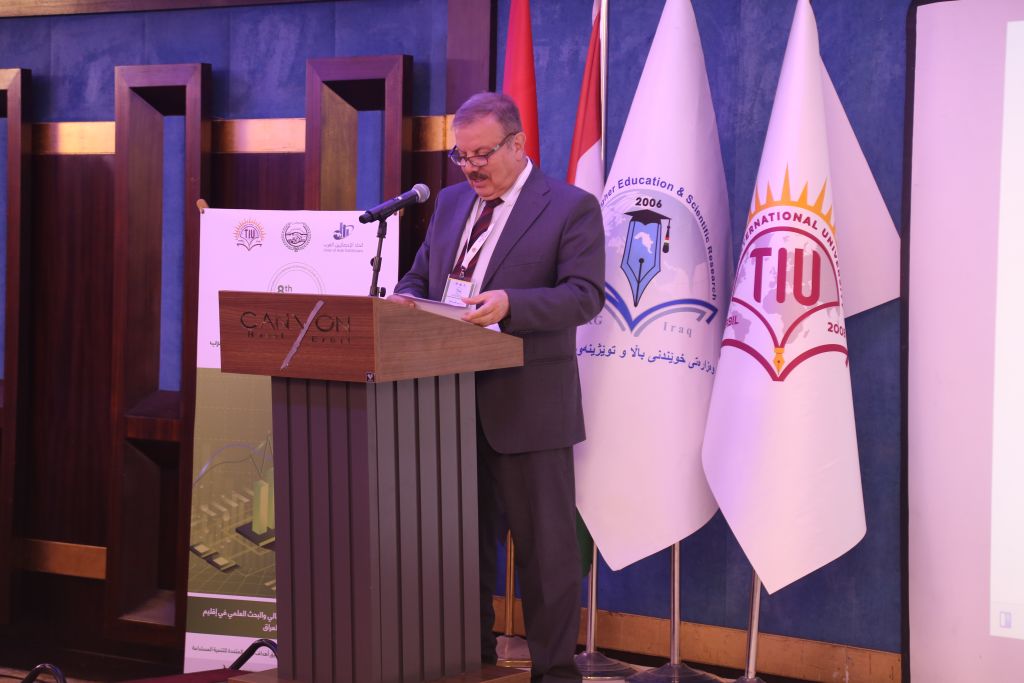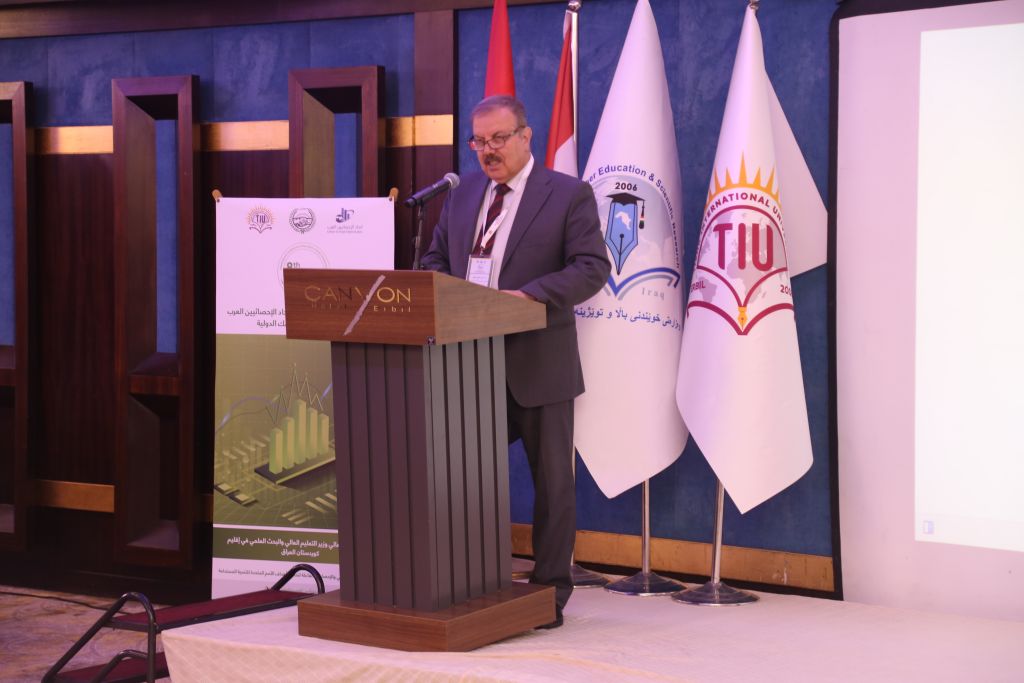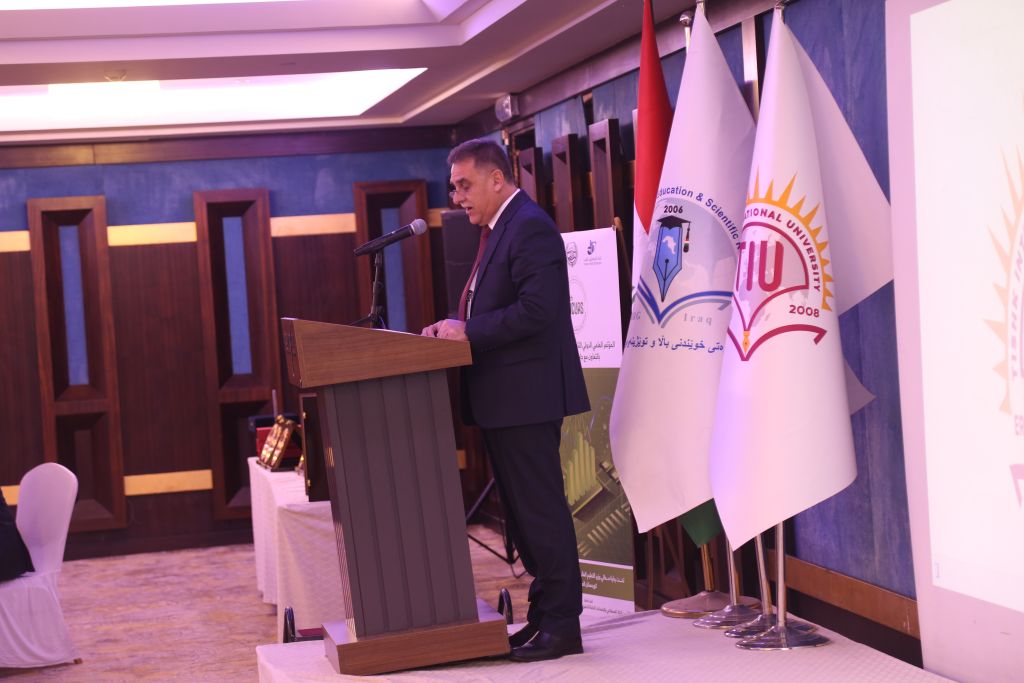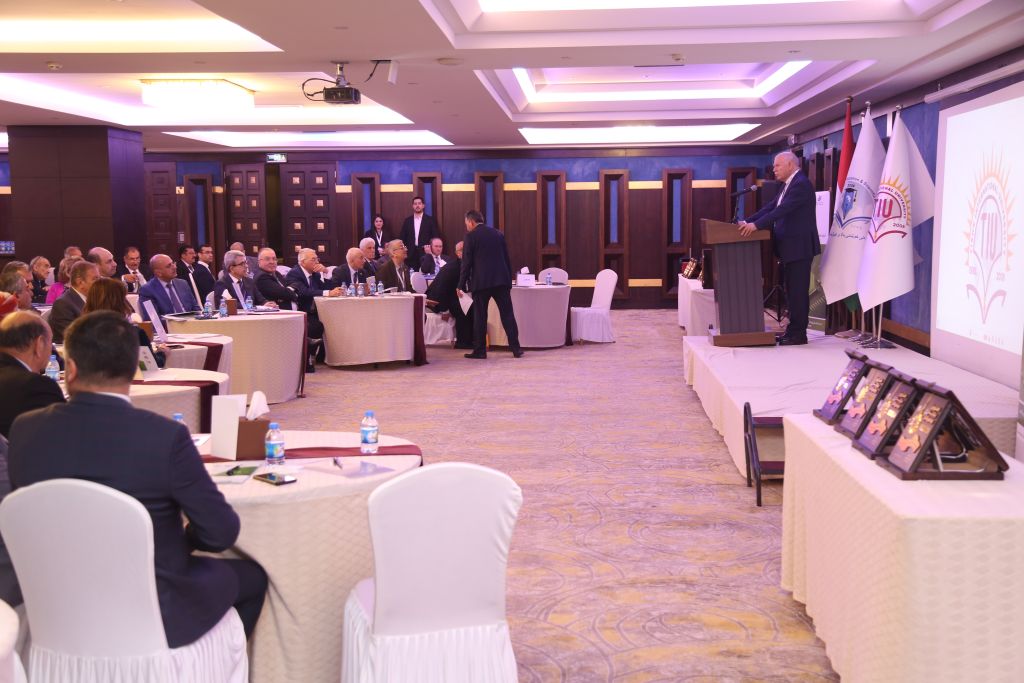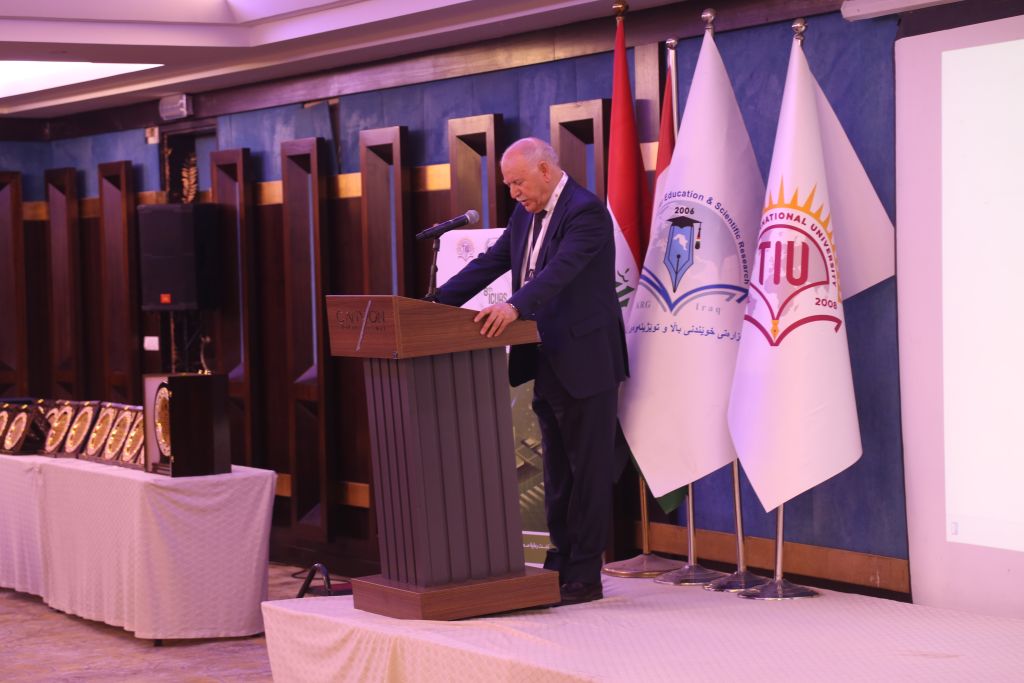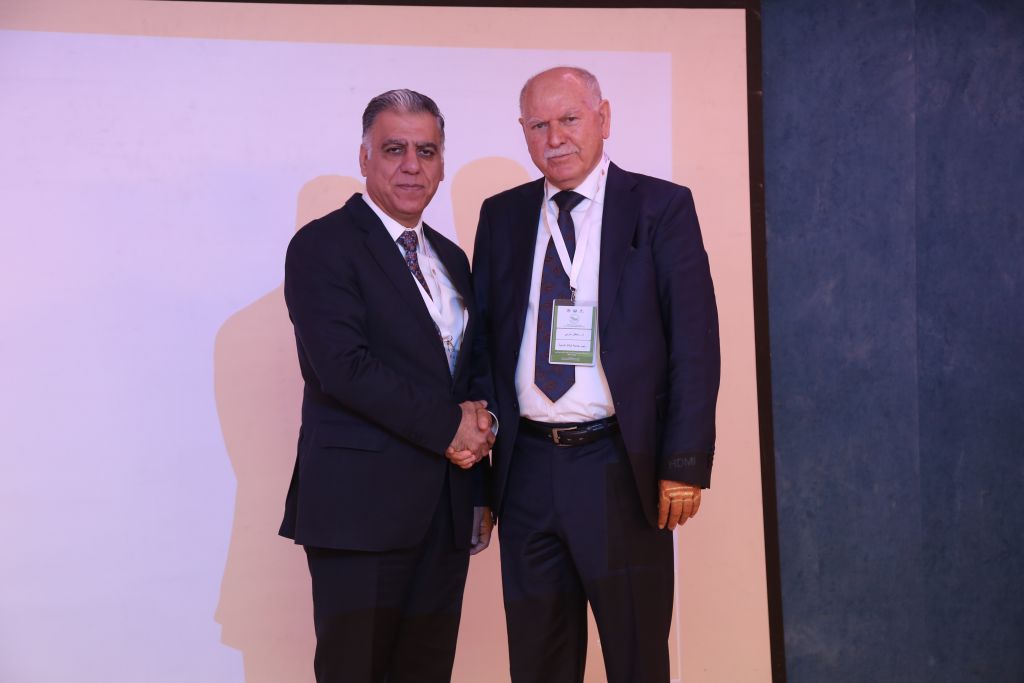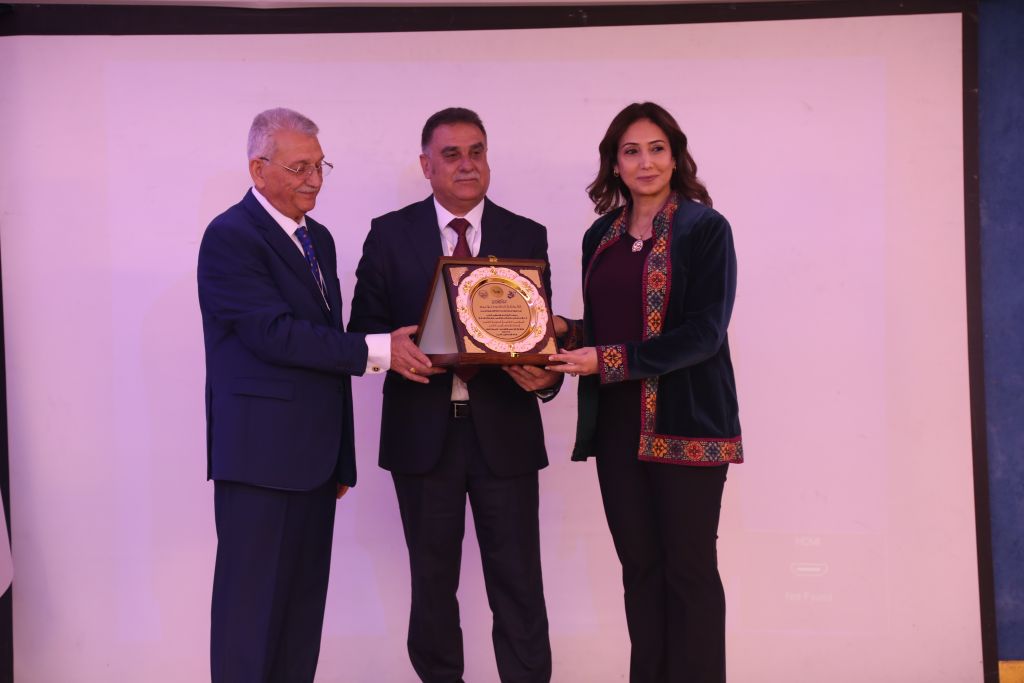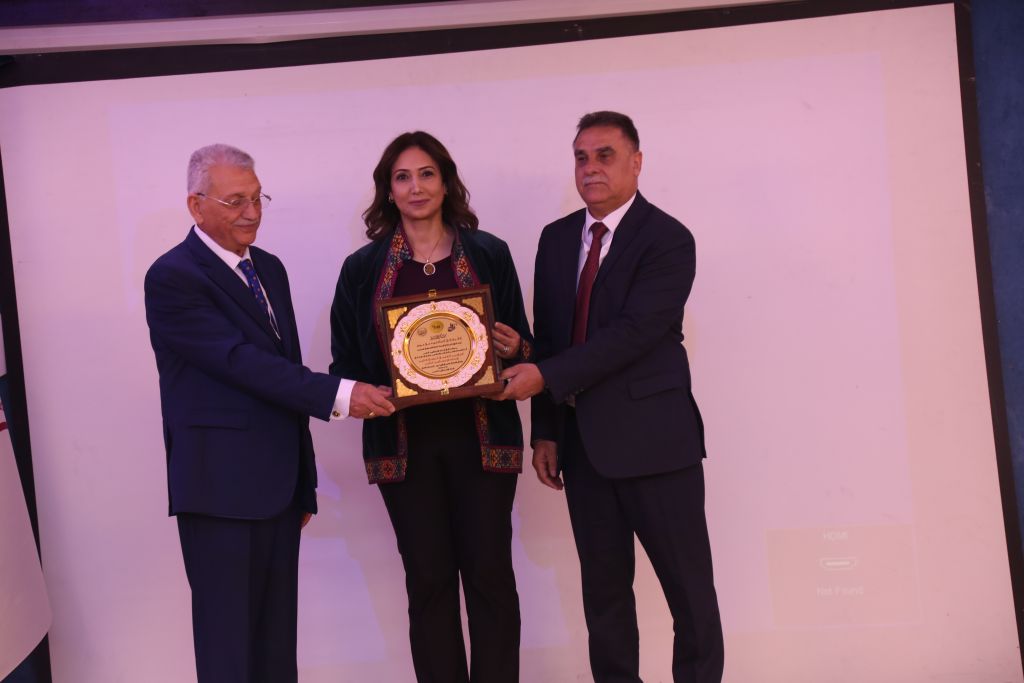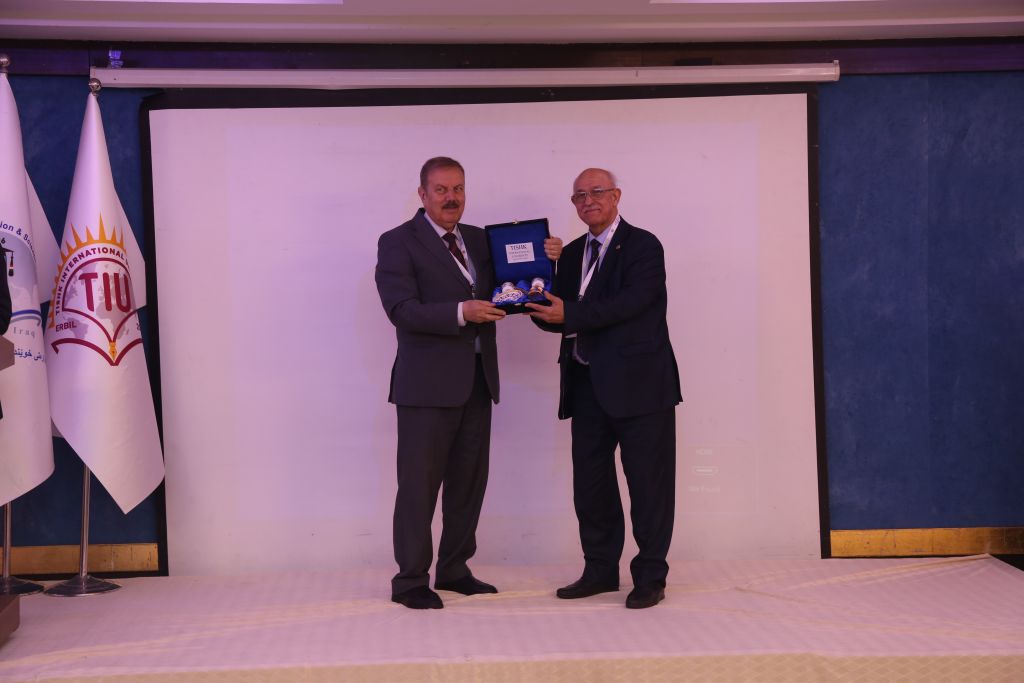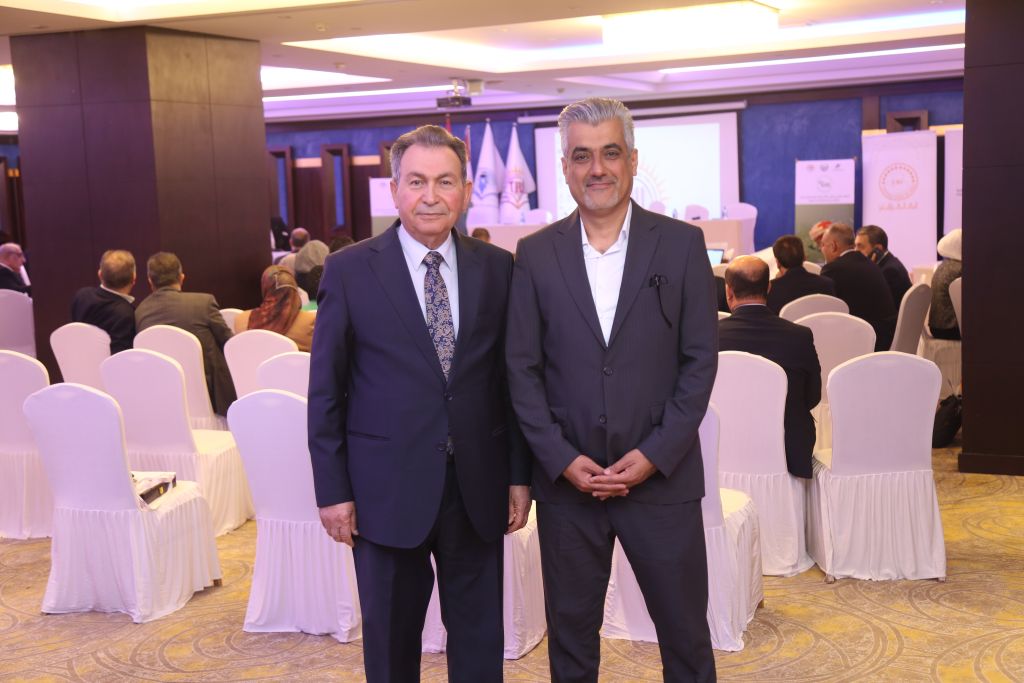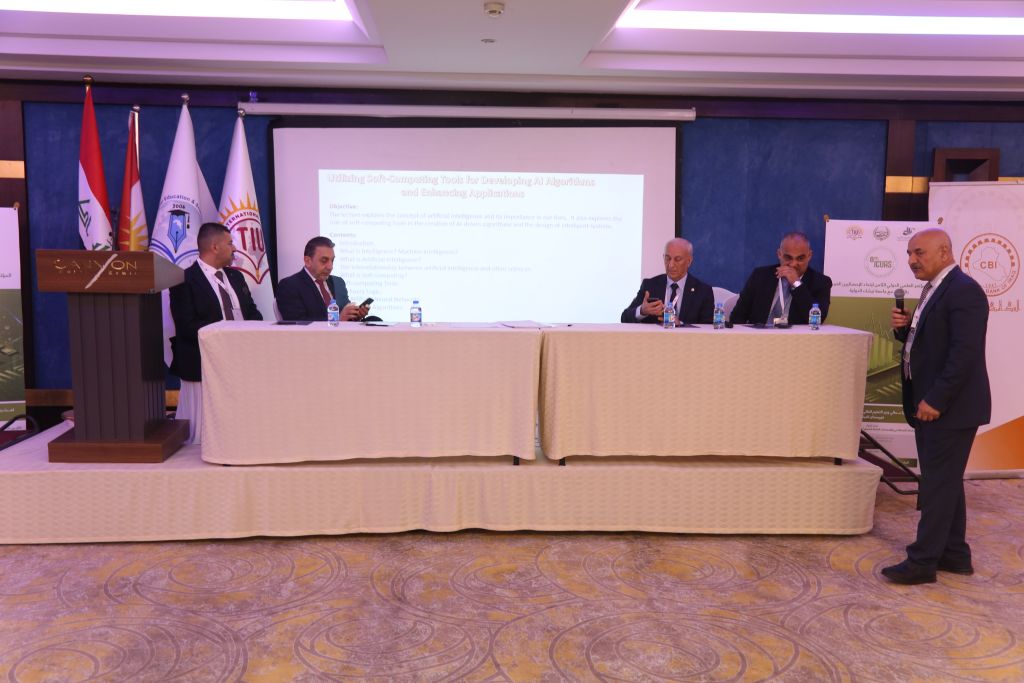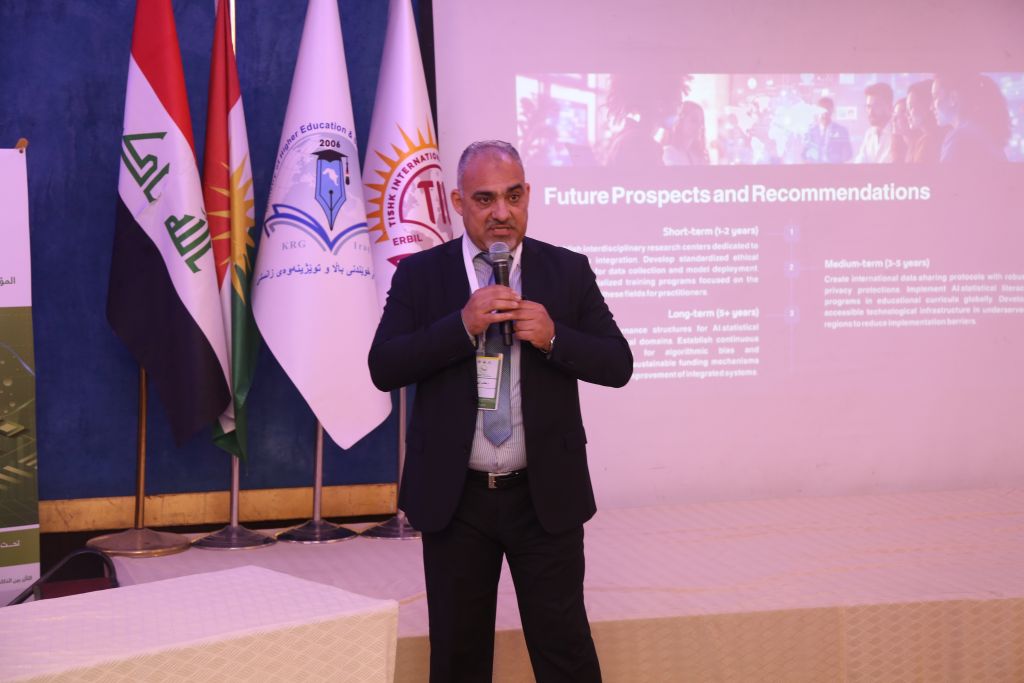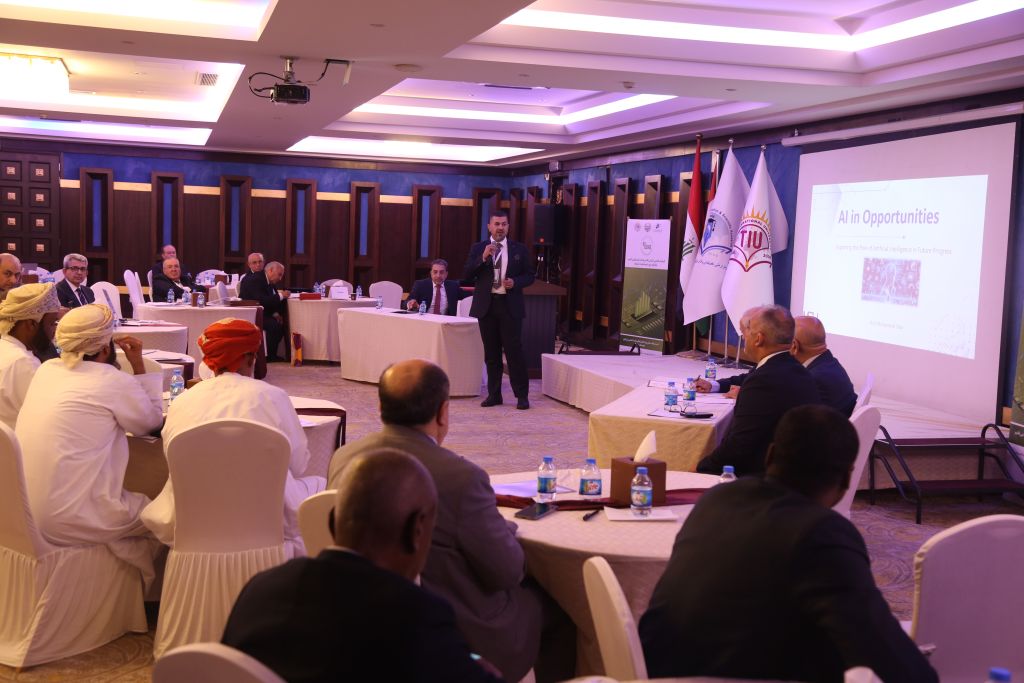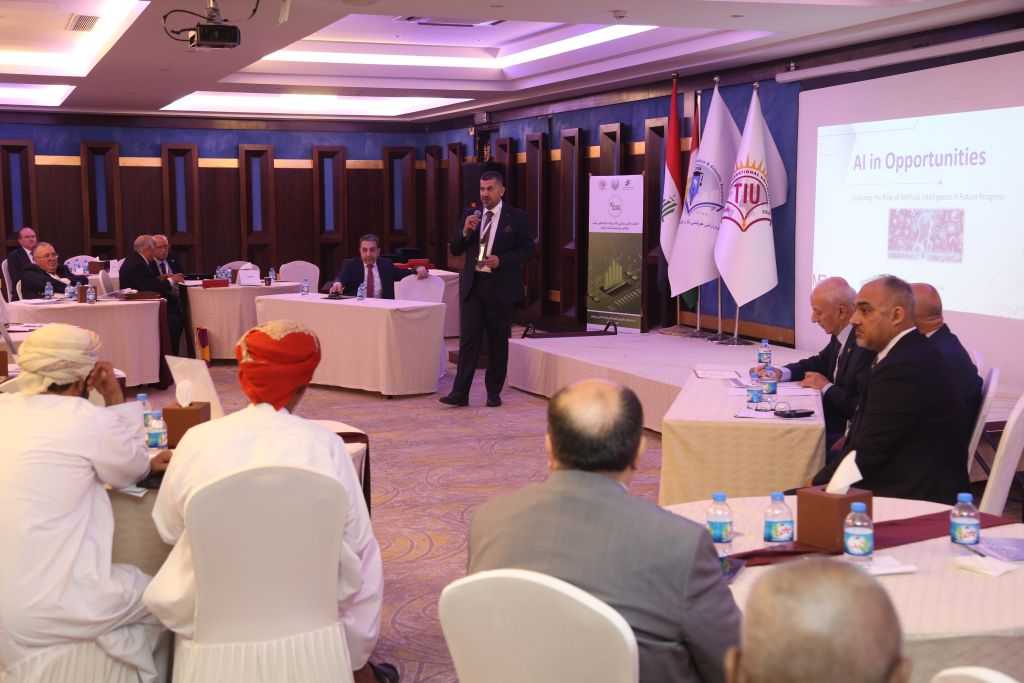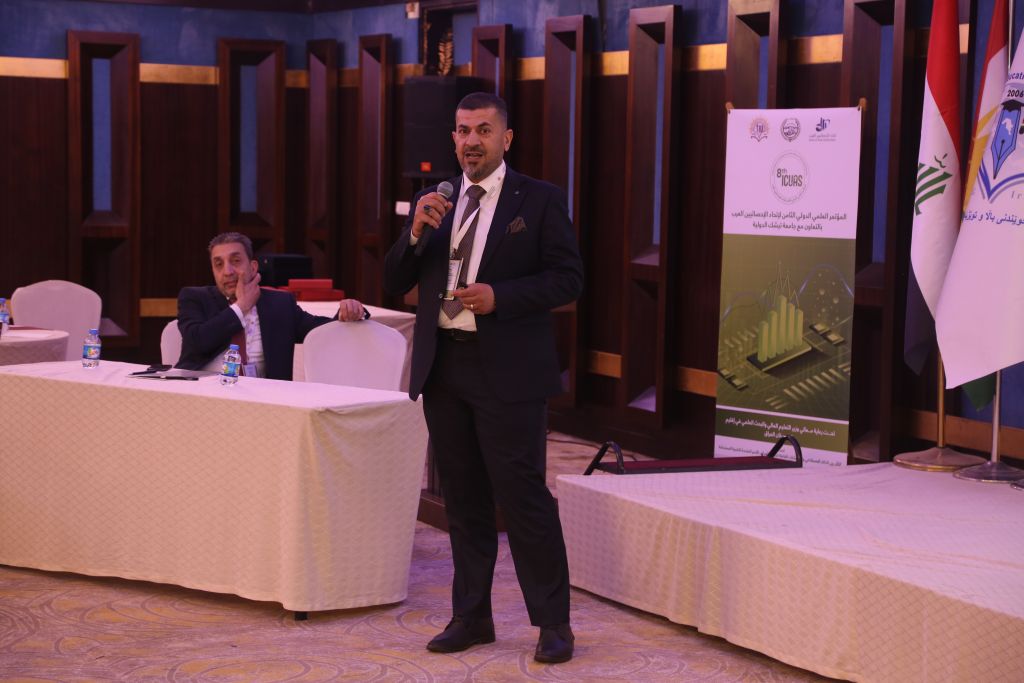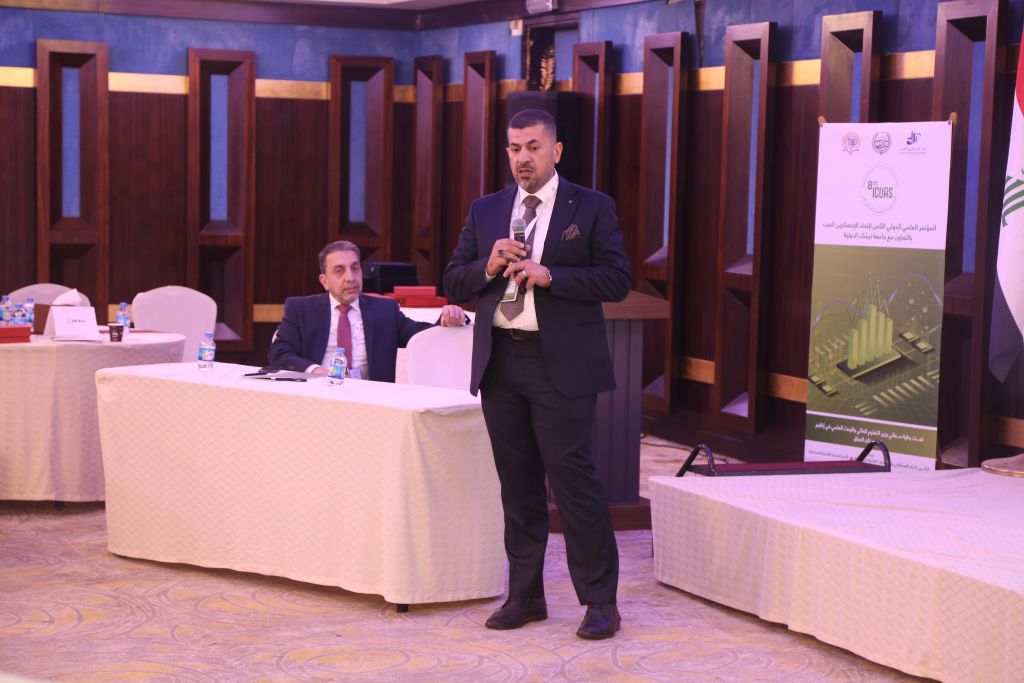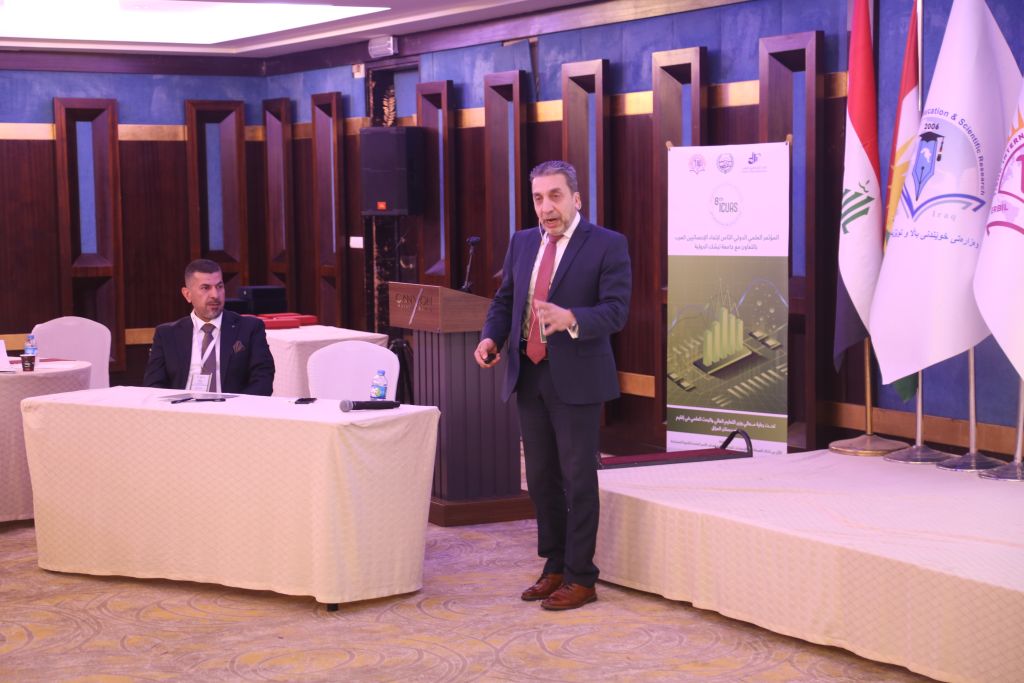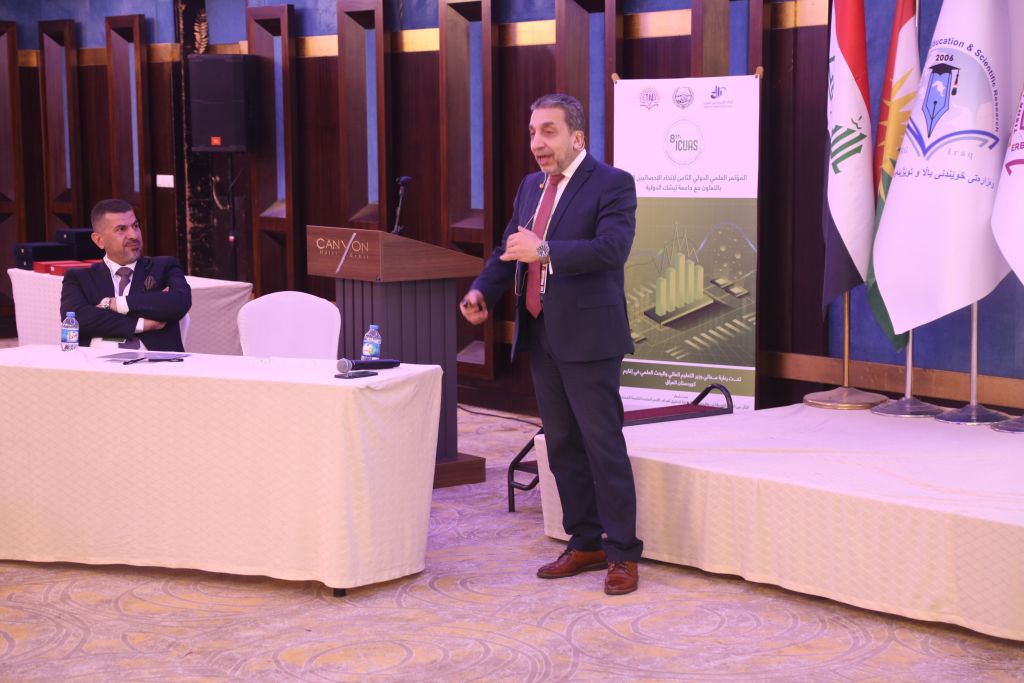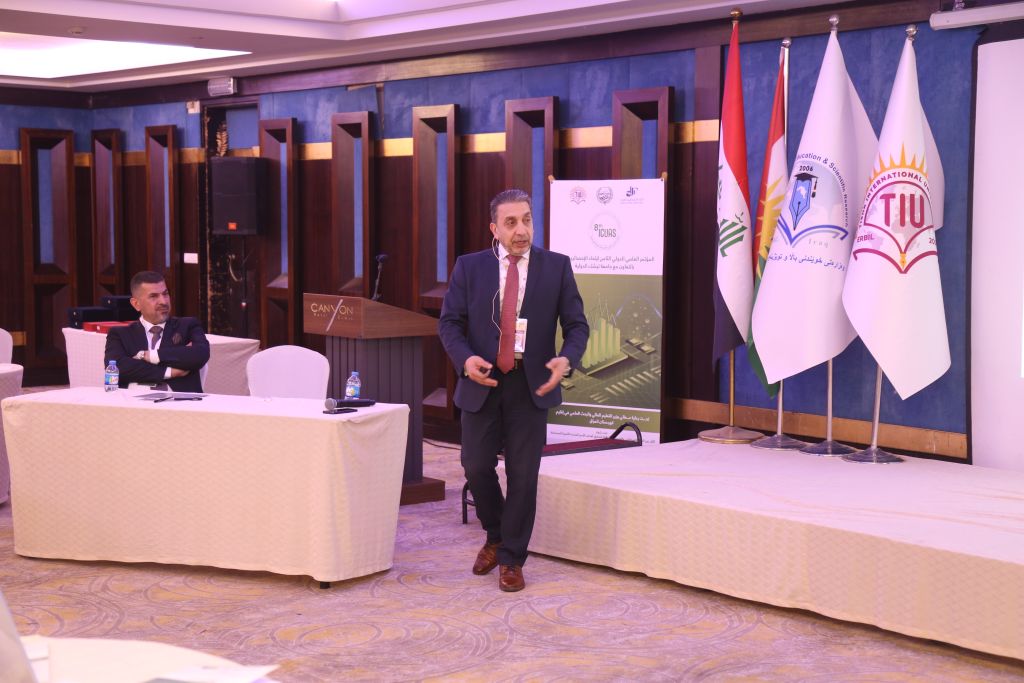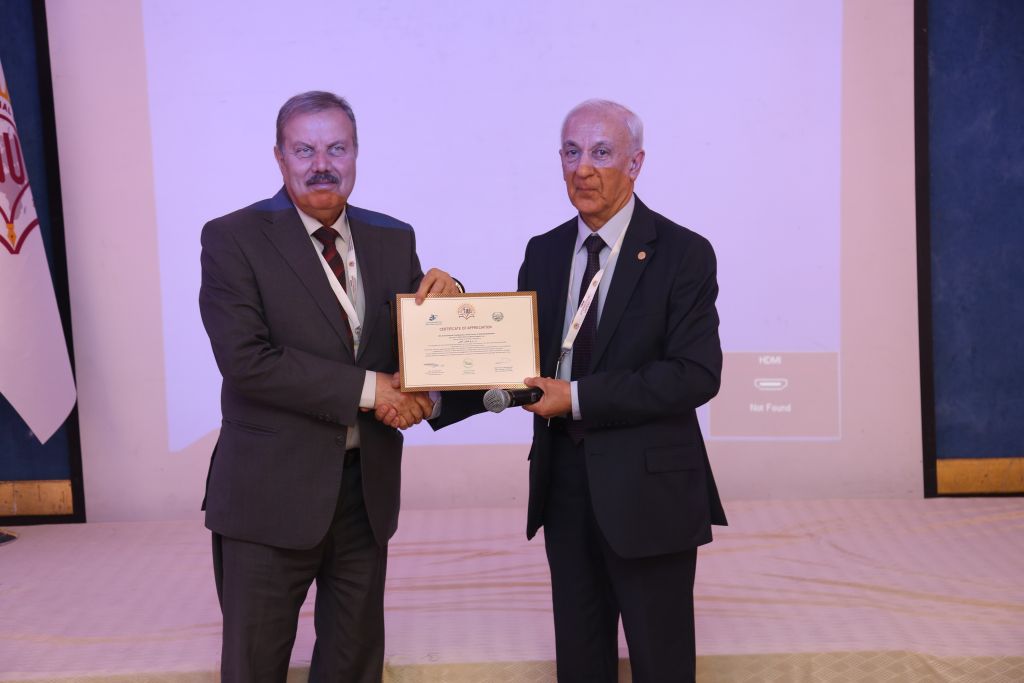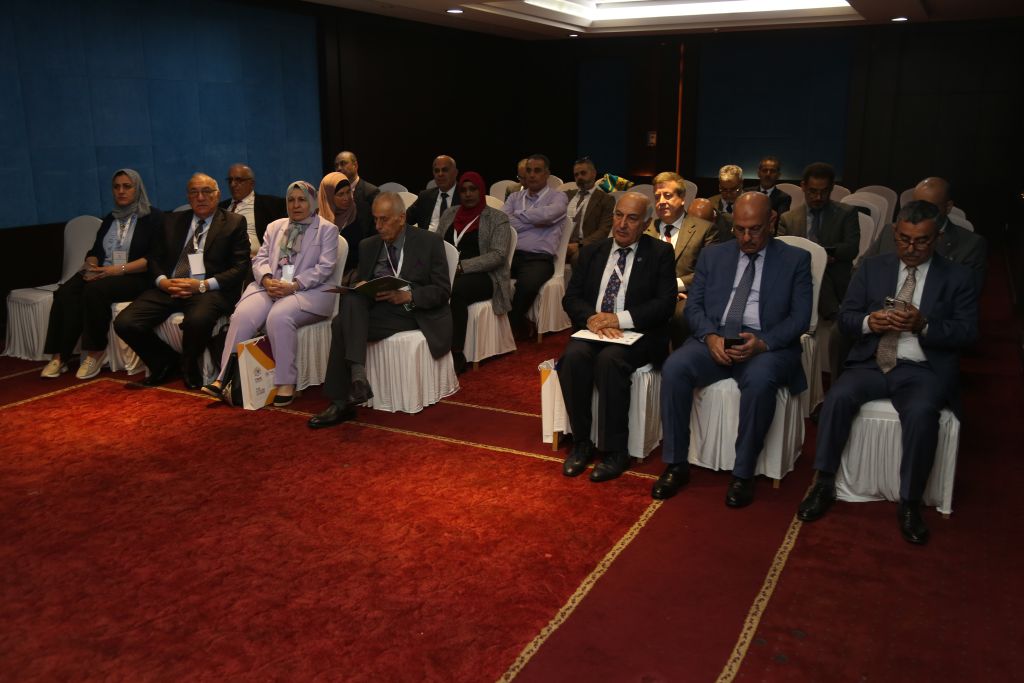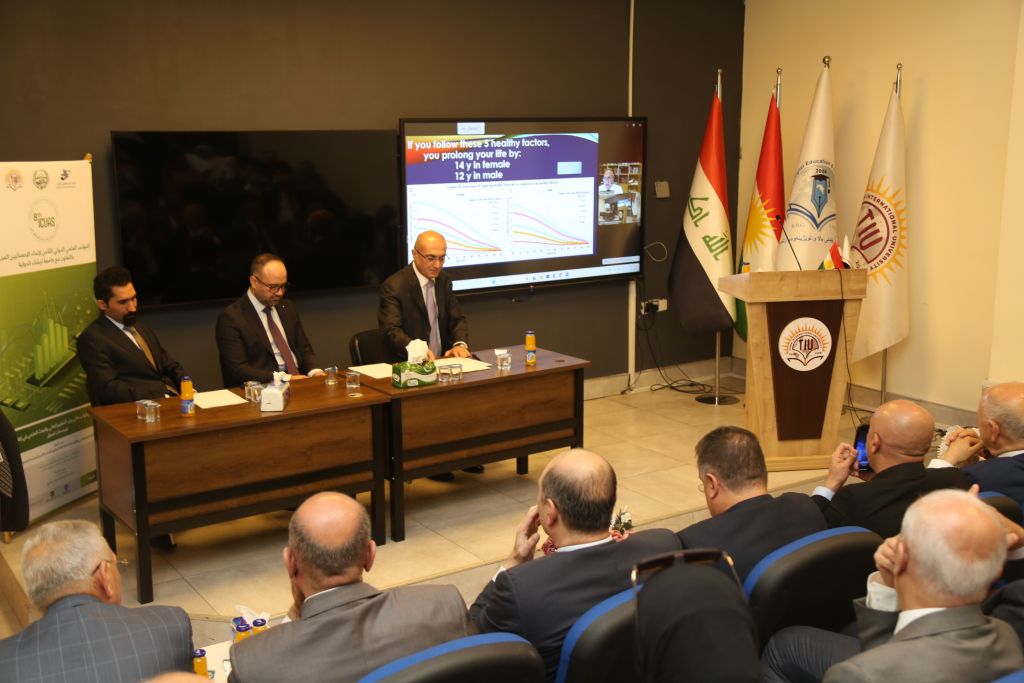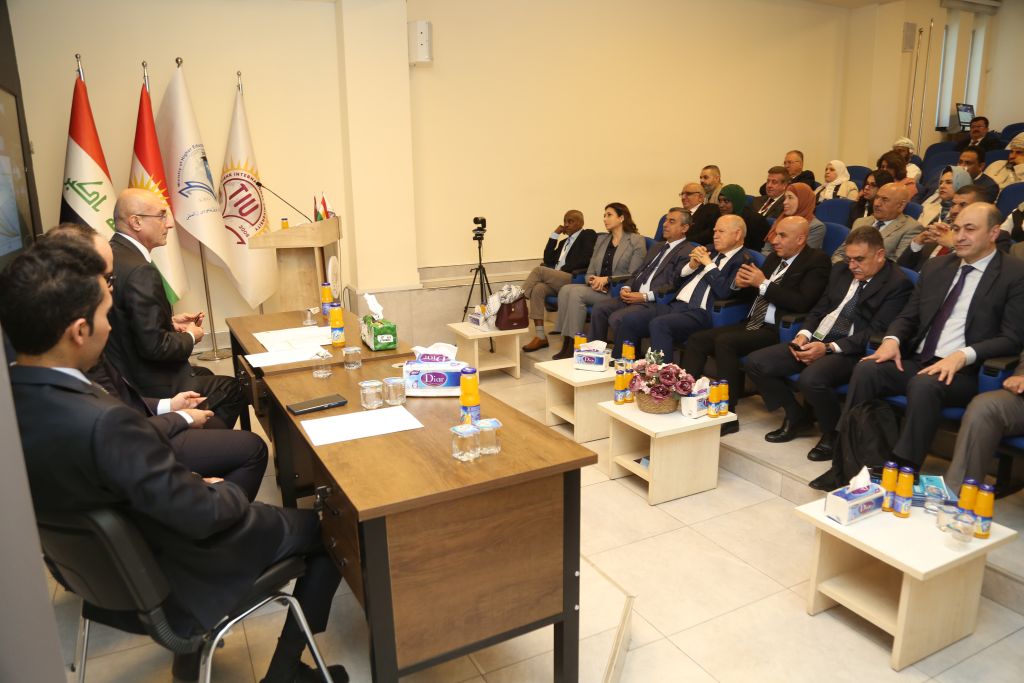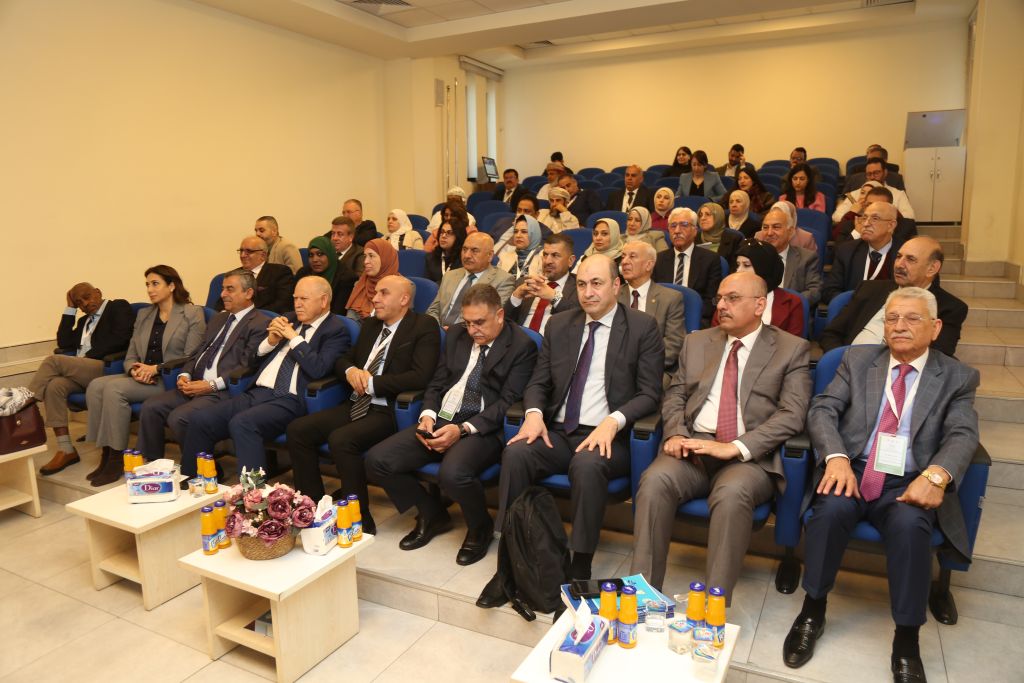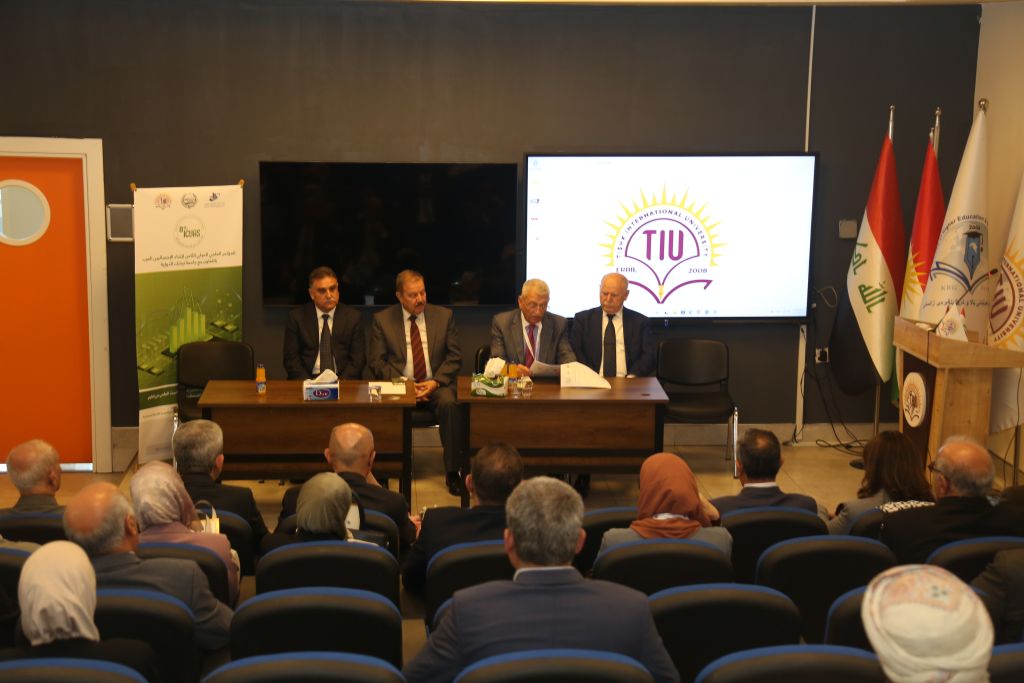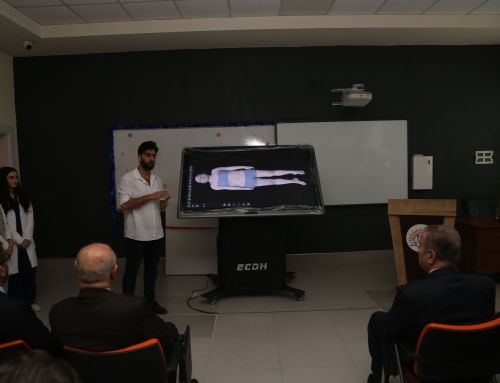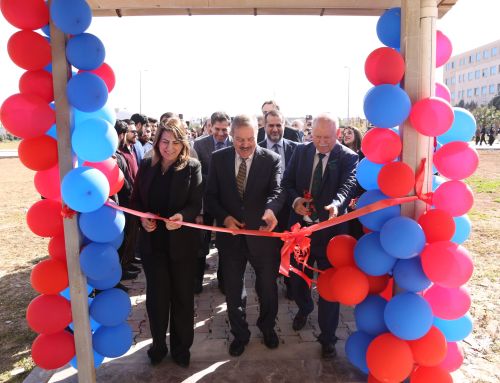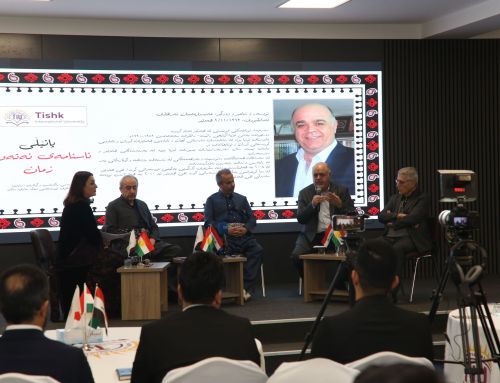The 8th International Conference of the Union of Arab Statisticians was successfully held on April 16–17, 2025, at Tishk International University (TIU) in Erbil, Iraq. The event was conducted under the esteemed patronage of the Minister of Higher Education and Scientific Research, highlighting its significance.
The general theme for the conference was “The Synergy Between Artificial Intelligence and Effective Statistics to Achieve the United Nations’ Sustainable Development Goals.”
The conference featured five major themes:
- The Role of Artificial Intelligence in Achieving Sustainable Development Goals 2030: This theme addressed how AI can transform societal functions, enhancing digital transformation, supporting economic and social progress, improving healthcare and education, creating jobs, and fostering good governance.
- The Role of Effective Statistics in Achieving Sustainable Development Goals 2030: Discussions focused on the impact of statistics in comprehending and implementing the SDGs, including creativity and innovation in data utilization, the role of Arab statistical institutions, and the importance of training and capacity building.
- Digital Technology for Achieving Sustainable Development Goals: This theme explored digital governance, technology’s impact on public administration, and the use of digital tools to build resilient communities and promote sustainable development in its multiple dimensions.
- The Role of Technology-Supported Statistics in Meeting the Requirements of Future Societies: Panels considered how technological advancements can enhance data collection and analysis, support decision-making processes, and address global societal needs, including environmental protection and community prosperity.
- The Potential of Artificial Intelligence and Statistics in Addressing Complex Global Challenges, and Their Role in Achieving Sustainable Development Goals: This session delved into the synergies between AI and statistical models in tackling global challenges such as climate change, disease management, agricultural improvement, and resource efficiency.
The conference’s main objectives aimed to be a milestone event. It brought together leading minds to discuss and shape the future of technology and statistics in service of global sustainability and development. Scholars, professionals, and policymakers were invited to join in advancing these crucial discussions. These discussions aimed not only to reflect but to act on the challenges and opportunities ahead.
A diverse group of participants attended. These included academic researchers, government officials, and industry professionals from across the Arab world. The conference was under the patronage of H.E. the Minister of Higher Education and Scientific Research – KRG.
Important participants of the conference were:
- Dr. Idris Hadi Saleh, Chairman of the Board of Trustees, TIU
- Mohammed Hussein Kalary – Representative of H.E. the Minister of Higher Education and Scientific Research – KRG
- H.E. Dr. Sultan Abu Orabi, President of TIU
- Ali Sindi, Former Minister of Planning – KRG
- Haider Frehat, General Director of the Jordan Statistics Office
- Ghazi Rahho, Secretary-General of the Union of Arab Statisticians
- Ola Awadh, Chairman of the Palestine Statistics Authority
- Dhiya’a Awad, Chairman of the General Authority for Statistics and Geographic Information Systems, Baghdad
- Ziad Abdallah, General Director of the Center of Statistical Training and Research
- Serwan Muhayyaddin, Deputy Minister of Planning – KRG
- Ahmed Monsur, CEO of REALSOFT (company that prepared software for the Iraq Census)
- Vahel Lutfallah, Sergion Center of Cardiology
- Mohammed Kawa Baban, Sergion Center of Cardiology
The conference was officially opened by H.E. Dr. Idris Hadi, Chairman of the Board of Trustees of TIU.
The conference commenced with the national anthems of both Iraq and Kurdistan. A Quran recitation followed. The primary focus was on advancing statistical methodologies and their applications in various sectors. It also fostered collaboration among Arab statisticians and promoted the exchange of knowledge and best practices.
Keynote speeches were delivered by prominent figures in statistics, AI, and SDGs. They addressed contemporary challenges and innovations. The conference featured multiple sessions covering topics such as data analysis, statistical modeling, and the role of statistics in policy-making. Workshops and panel discussions provided attendees with opportunities for in-depth discussions and networking.
The successful organization of this conference underscores Tishk International University’s commitment. It facilitates scholarly discourse and contributes to the development of statistical sciences in the region. The event not only enhanced the university’s academic profile but also strengthened ties among Arab statisticians, paving the way for future collaborative endeavors.
General Conclusions of the 8th International Conference of the Arab Statisticians Union:
- Innovative Integration of Artificial Intelligence and Statistics: The conference highlighted the growing synergy between AI and statistics. It emphasized their combined potential in addressing complex social, economic, and environmental challenges—particularly within the framework of the United Nations’ 2030 Sustainable Development Goals.
- Strong Research Participation: Out of 84 research papers submitted, 40 were accepted for presentation. Submissions reflected significant diversity among researchers and practitioners. This demonstrated increasing interest and capabilities in the Arab region in data science, digital transformation, and statistical applications.
- Multidisciplinary Themes: Presented research papers covered a wide range of interdisciplinary topics. These included AI use in education, healthcare, and poverty alleviation; big data and open data as new sources for official statistics; applications of machine learning and deep learning in economic forecasting, disease diagnosis, and election studies; and modern panel data models, time-series forecasting, and nonparametric methods in public policy and social research.
- Digital Transformation and the Role of Statistical Institutions: Emphasis was placed on the pivotal role of Arab statistical institutions. They produce reliable indicators and data to support sustainable development. Strengthening their institutional capacities, adopting international standards, and investing in digitally supported statistical technologies are also crucial.
- Evidence-Based Decision-Making: The conference stressed the importance of accurate statistical models and AI tools. They enhance transparency, decision-making, and crisis prediction—particularly in post-conflict contexts and developing countries.
- Support for Capacity Building and Regional Cooperation: Participants called for increased cooperation among Arab countries. This includes training, scientific research, and infrastructure sharing to improve data quality and availability.
Recommendations for Future Conferences and Work:
- Enhance open data accessibility and encourage innovation in data collection tools.
- Support gender-sensitive and inclusive statistical practices.
- Establish a permanent regional task force to monitor progress in achieving sustainable development goals using AI and statistics.
- Invest in young and emerging researchers through tailored workshops and mentorship programs.

